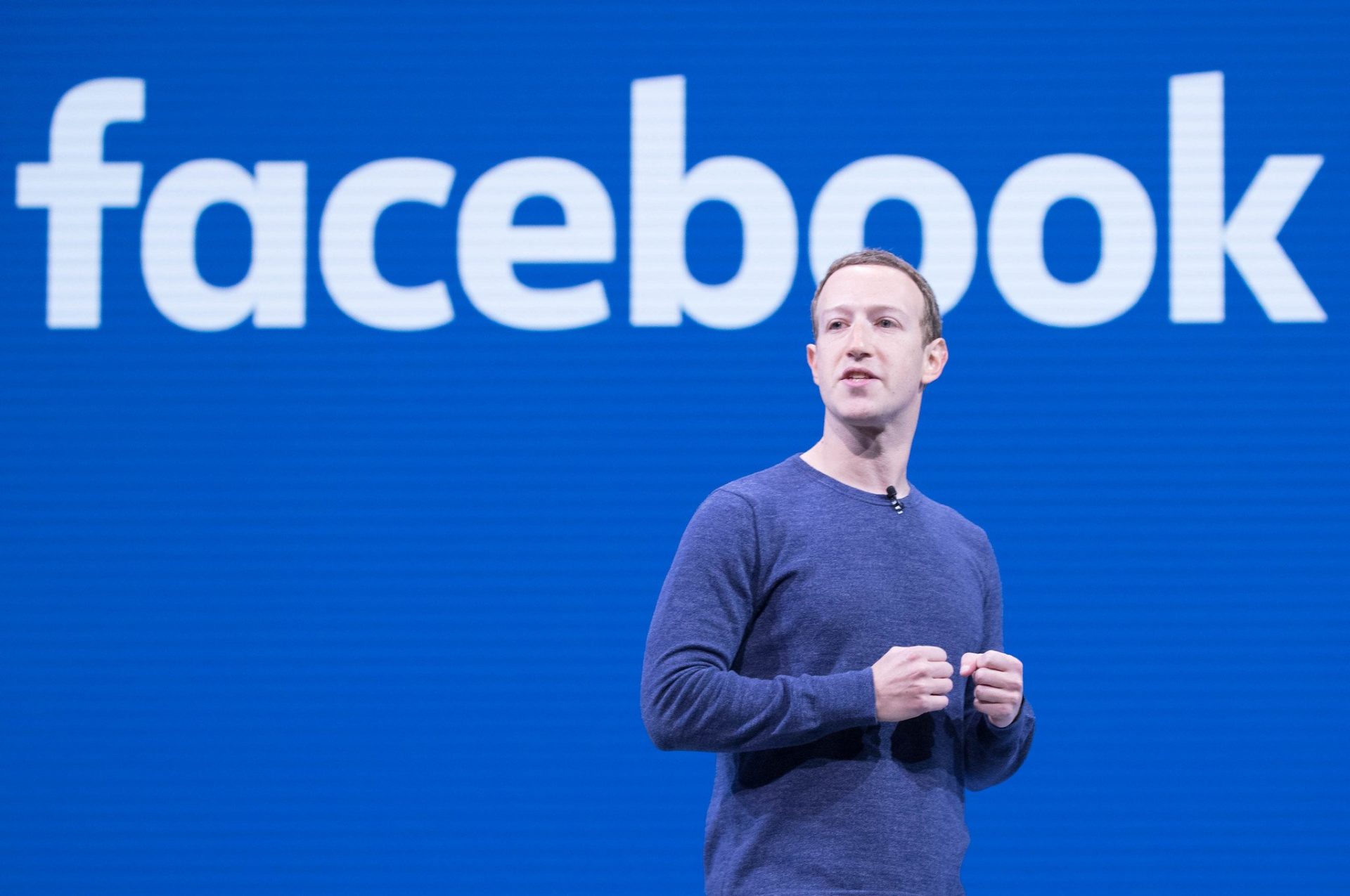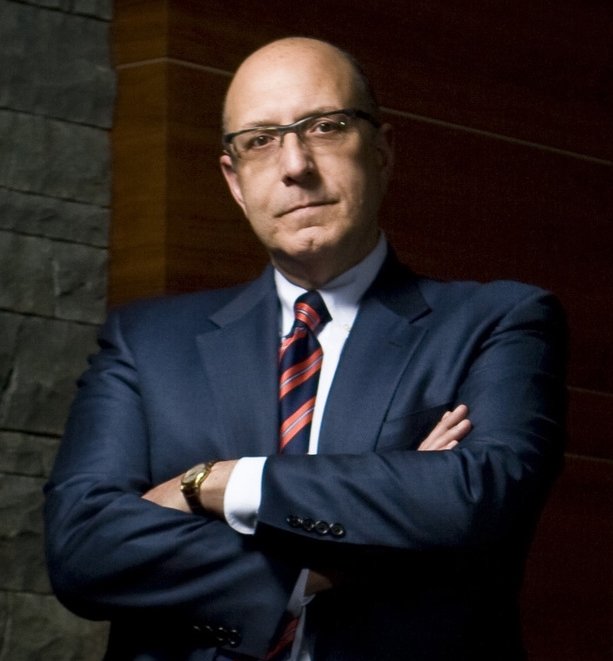
I was asked by a reporter last week to comment on Facebook’s name change to Meta – short for “Meta Platforms.” My immediate reaction was to say that it is ironic since the actual dictionary definition of meta is “showing or suggesting an explicit awareness of itself…” After watching Facebook’s reaction to its latest crisis, I can safely say that this organization, whatever it calls itself, has no self-awareness whatsoever. Otherwise, how can they explain the absolutely terrible job they have been doing responding to what I believe is a full-blown crisis?
So, what is a more appropriate response for this troubled company? Rather than dig in their heels and follow a battle plan with lawyers and PR people trying to deflect blame onto the media, the company needs to become self-aware and heal itself.
Facebook has been roiled by crises time and time again, such as Russian interference during the 2016 Presidential Election and the intrusion of Cambridge Analytica. However, in each of these instances, the company has been able to deflect the blame of these calamities to foreign actors. But now it’s different. Frances Haugen, a former employee turned whistleblower, has shown that something is systemically wrong with the way Facebook operates specifically in terms of the spread of misinformation globally.
I would have thought that the company would have put safeguards in place after congressional attacks against them in 2015, but they seem to think they are impervious to regulation and public opinion. The lack of humility is stunning. “When our work is being mischaracterized, we’re not going to apologize. We’re going to defend our record,” said Andy Stone, the company’s Policy Communications Manager, last week.
After cultivating some semblance of self-awareness, the company needs to admit that they have made a mistake, clean things up, and stop trying to position themselves as the victim. In the past, the company has been able to ascribe its shortcomings to malevolent actors or even the nature of the Internet itself – that the seeming infinitude of information going through their platform is impossible to shift through. Both defenses ring hollow through Frances Haugen’s brilliant and credible presentation. She shows very clearly the company’s role in intentionally spreading misinformation particularly in relation to the 2016 election. With so much internal documentation and a credible witness, it really is time for them to fold their cards and start participating in a way that will save this company from regulation and a further loss of reputation. Imagine how much more credibility and trust the company would have if it responded with a mea culpa instead of digging in and trying to fight against credible allegations.
And lastly, once they have figured out a way to clean up the mess outlined above, they need to explain why it will never happen again. Whether it is allegations about the spread of misinformation, or how they market products to children, or whatever the allegations that have come up. Rather than retreat to their legal and marketing strategy, they need to describe in detail the systems and processes they have put in place to avoid having any of this happen again.
In a speech at the convocation of the United Negro College Fund in 1959, John Kennedy said: “When written in Chinese, the word ‘crisis’ is composed of two characters – one represents danger and one represents opportunity.” When Facebook was first founded, the company operated under the ethos of “moving fast and breaking things.” While this saying was once seen as an edgy shorthand for progress, we are now acutely aware of the ways Facebook has broken our society. It has spent half a decade focused on one crisis after another rather than turning its problems into opportunities.
So, if the name change to Meta was meant to announce a new start for Facebook and the end of “breaking things,” why should it be so hard for them to look for the opportunity to change as a result of this crisis?

Paul A. Argenti
Professor Paul A. Argenti has taught management, corporate responsibility, corporate communication, and healthcare management starting in 1977 at the Harvard Business School, from 1979-81 at the Columbia Business School, and since 1981 as a faculty member at Dartmouth’s Tuck School of Business. He has also taught as a visiting professor at the International University of Japan, the Helsinki School of Economics, Erasmus University in the Netherlands, and Singapore Management University. He currently serves as Faculty Director for Tuck’s Leadership and Strategic Impact Program.






